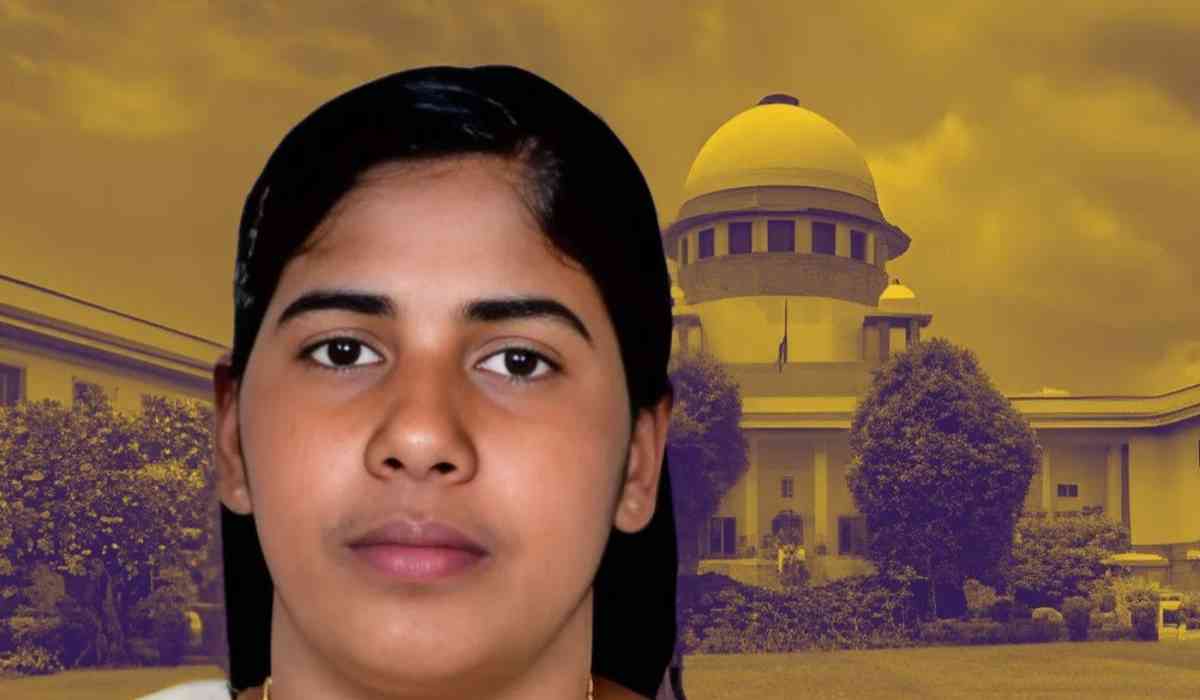In a story marked by resilience, heartbreak, and relentless legal battles, Nimisha Priya, a nurse from Kerala, stands on the edge of life and death in a foreign land. Convicted of murder in Yemen in 2017, the 37-year-old now finds herself on death row, entangled in a justice system rooted in Sharia law, with her fate hanging not on legal appeals, but on the mercy of her victim’s family. Her case has sparked urgent diplomatic efforts, citizen-led campaigns, and deep international concern, making it one of the most complex humanitarian and legal sagas of recent years.
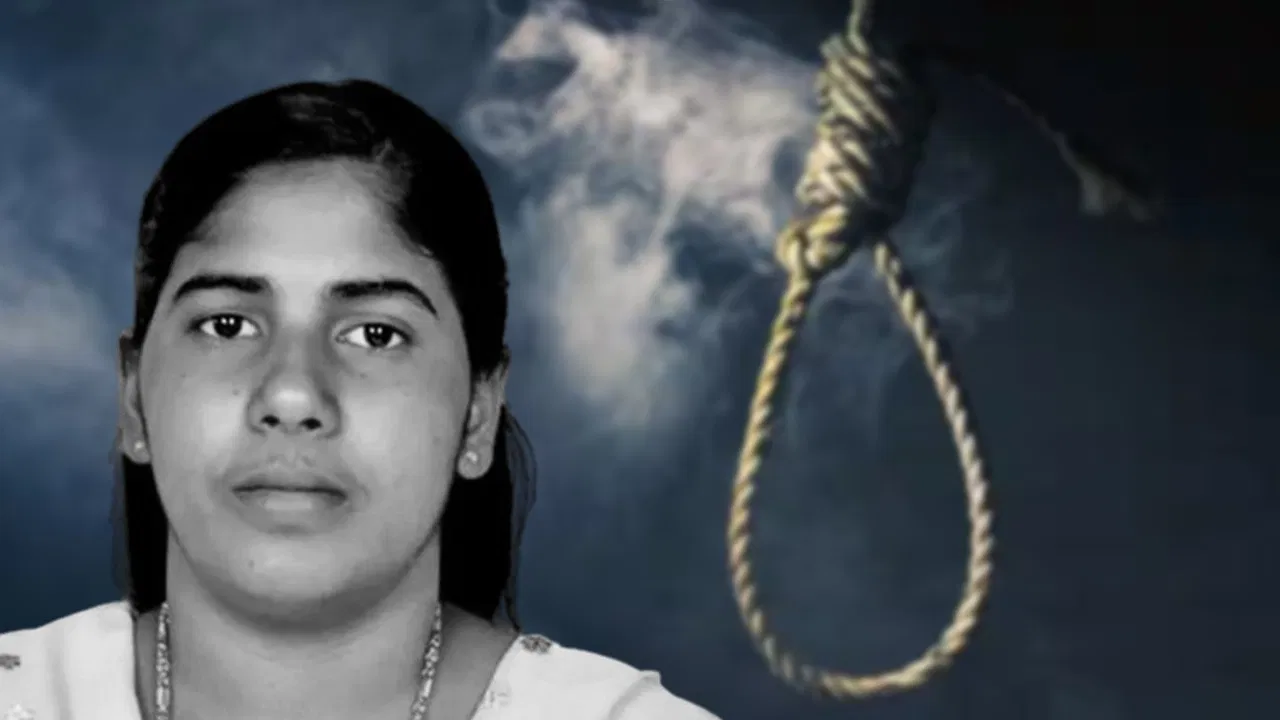
Who Is Nimisha Priya?
Born and raised in Kollengode, Palakkad district in Kerala, Nimisha Priya was a trained nurse who sought employment opportunities abroad to support her family. In 2008, she moved to Yemen, initially working in the capital city, Sana’a. The region was already volatile, marked by civil unrest, but like many Indian expatriates, Nimisha stayed back when her husband and daughter returned to India in 2014 due to growing instability.
To continue working in Yemen, Nimisha had to navigate local laws that required foreign medical professionals to partner with Yemeni nationals. That’s when she entered a business agreement with Talal Abdo Mahdi, a local man who would later become central to her tragic ordeal.
Trapped in an Abusive Partnership
According to Nimisha’s account, her partnership with Mahdi soon turned abusive and exploitative. She alleges that Mahdi forged marriage documents, took control of her passport, and subjected her to years of physical and emotional abuse. In addition to financial exploitation, she claims he drugged and manipulated her to maintain control. When she tried to seek protection from local authorities, her complaints reportedly led to her arrest rather than assistance.
With no legal protection and her mobility restricted, Nimisha was left desperate and alone in a foreign land.
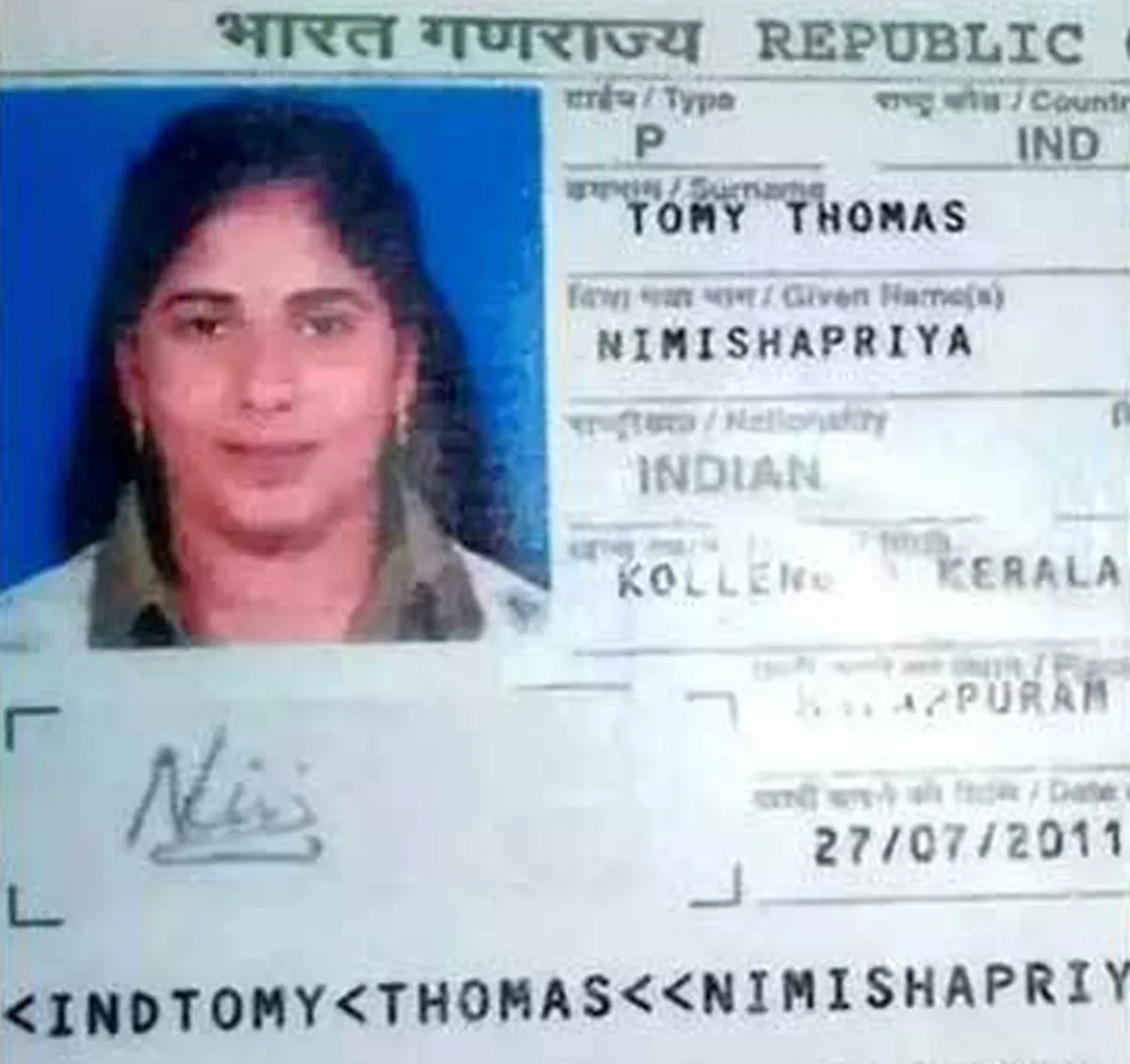
The 2017 Incident and Legal Fallout
In 2017, Nimisha Priya allegedly hatched a plan to sedate Mahdi with ketamine, not to kill him, but to incapacitate him long enough for her to retrieve her passport and flee Yemen. However, the sedative dose proved fatal. In a moment of panic, she — with the help of a local woman named Hanan — dismembered Mahdi’s body and disposed of it in a water tank in a desperate attempt to cover up the incident.
The crime led to her arrest and a death sentence in 2020. In November 2023, Yemen’s Supreme Judicial Council upheld the ruling, leaving only one avenue of hope: the Islamic legal provision known as “Diyah”, or blood money.
Understanding Sharia Law: Qisas and Diyah
Yemen’s legal system is based on Sharia law, which offers two main legal options for crimes like murder:
-
Qisas: the principle of retaliation in kind — essentially “an eye for an eye.”
-
Diyah: the provision that allows the victim’s family to accept financial compensation instead of demanding execution.
Under this system, only the victim's family has the right to pardon the accused in exchange for Diyah. The government or judiciary cannot override their wishes.
India’s Ministry of External Affairs informed the Supreme Court that all legal avenues in Nimisha’s case had been exhausted. The only remaining path to save her life is if Mahdi’s family accepts compensation and issues a formal pardon.
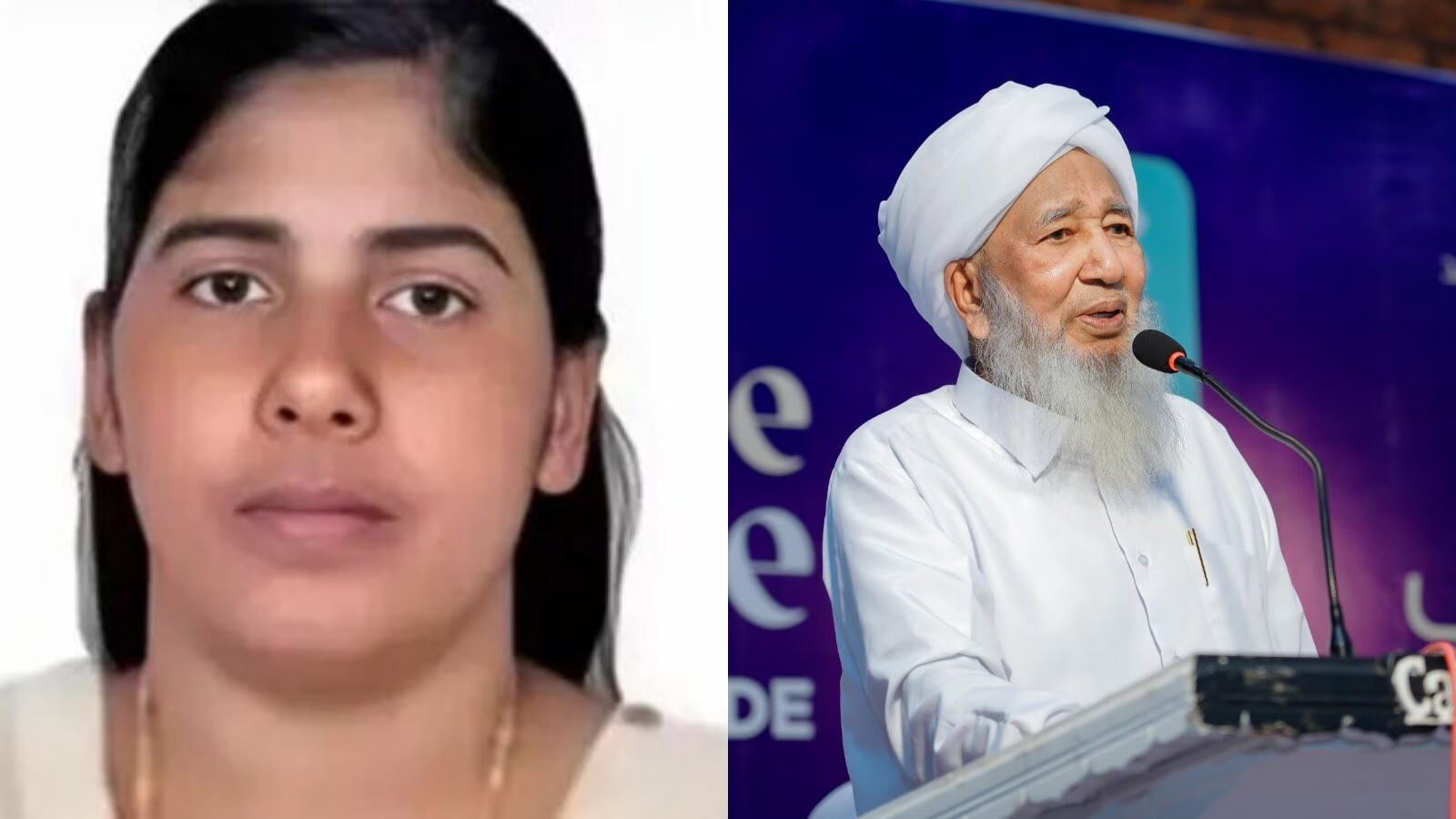
Yemeni Family's Refusal and the Demand for Qisas
Despite tireless efforts from the Indian government, human rights organisations, and community leaders, Mahdi’s family has so far refused to accept Diyah.
Abdel Fateh Mahdi, the brother of the deceased, made a firm statement to BBC Arabic, denying all of Nimisha’s abuse allegations and asserting that such claims were never raised in Yemeni courts. For the family, the gravity of the crime — which includes murder, dismemberment, and attempted concealment — is unforgivable.
“We want the full implementation of God’s Law in Qisas,” Abdel Fateh stated, emphasizing that nothing less than execution would be acceptable, even if it means further delay.
This hardline stance has left Nimisha’s fate suspended, reliant solely on the family’s potential change of heart.
A Night of Hope: Last-Minute Negotiations and Postponement
As July 16, 2025 — Nimisha’s scheduled execution date — approached, the atmosphere was filled with dread. Yet, in a dramatic turn of events, late-night negotiations on July 15 brought a glimmer of hope.
For the first time since the ordeal began, a member of the victim’s family came to the negotiation table. According to Subhash Chandran, a core member of the Save Nimisha Priya International Action Council, it was not legal pressure but a surge of faith-based diplomacy that opened the door.
“Diplomacy had limits. Faith stepped in,” Chandran said. Through the Markaz in Kerala, spiritual leaders including Kanthapuram A.P. Aboobacker Musliyar reached out to clerics and influential figures in Yemen, urging them to consider reconciliation and mercy.
These efforts led to the postponement of the execution, granting the team more time to negotiate Diyah and appeal for forgiveness.
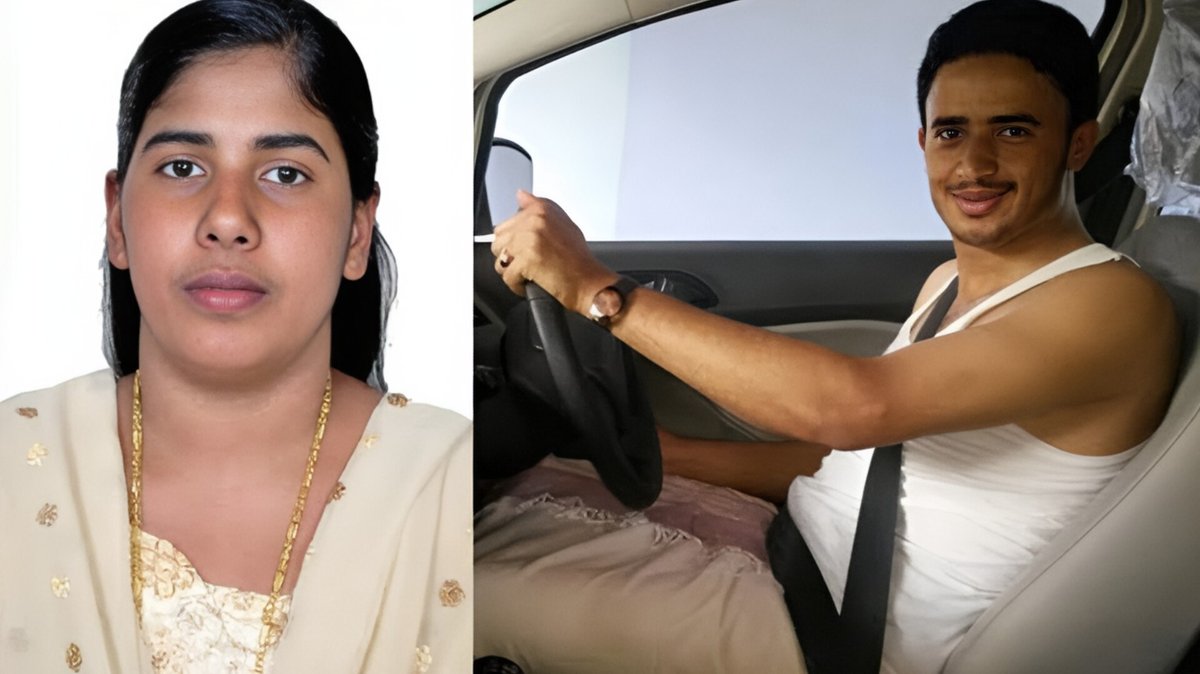
How Blood Money Works Under Sharia Law
The concept of blood money is not new in Islamic jurisprudence. Known as Diya, it allows a murder victim’s family to pardon the perpetrator in exchange for monetary compensation. This principle is rooted in compassion, reconciliation, and the belief in second chances.
The amount of Diyah can vary depending on local customs and circumstances. In Nimisha’s case, reports suggest that her supporters offered up to $1 million — a massive sum, reflecting the gravity of the appeal.
However, acceptance is entirely at the discretion of the victim’s family. There are precedents — such as that of Abdul Rahim, another Kerala man imprisoned in Saudi Arabia — where acceptance of Diyah spared the convict from execution but did not necessarily result in freedom. Rahim, after paying blood money in 2018, was still sentenced to 20 years in jail.
Where Things Stand Today
As of mid-July 2025, Nimisha Priya remains incarcerated in Sana’a, under the control of Houthi authorities with whom India has no formal diplomatic relations. This absence of diplomatic ties has further complicated negotiations and legal interventions.
Indian authorities have been working tirelessly behind the scenes, exploring backchannels, involving religious leaders, and rallying support from civil society and international human rights groups. The Indian Parliament has acknowledged its efforts to support Nimisha’s family, and legal advocacy groups continue pushing for diplomatic breakthroughs.
The Save Nimisha Priya campaign has not relented, making public appeals, organising fundraisers, and urging global attention to her plight. Their singular goal now is to persuade the Mahdi family to accept Diyah and offer a pardon that would spare Nimisha’s life.
_1752674081.jpg)
The Final Plea: Mercy Over Retribution
The legal system has reached its end. The court has spoken. All that remains now is mercy.
Subhash Chandran summarized it poignantly:
"There will be no more hearings. The judiciary has done what it could. Now it's entirely up to the victim's family. If they accept the diya and pardon her, Nimisha lives. If not, we will lose her."
He added:
"We ask the Government of India, religious leaders, and every person with influence – please help us. The window is open. But we don't know for how long."
A Life Hanging by a Thread
Nimisha Priya’s story is not just about law or crime — it is a tale of a woman caught in a web of abuse, desperation, and tragic consequences in a foreign land. Her life now depends on the mercy of those who grieve, the power of human connection, and the global call for compassion.
With international focus intensifying and the clock ticking, the world watches as one woman’s fate hangs in the balance — not just between life and death, but between retribution and forgiveness.
With inputs from agencies
Image Source: Multiple agencies
© Copyright 2025. All Rights Reserved Powered by Vygr Media.

